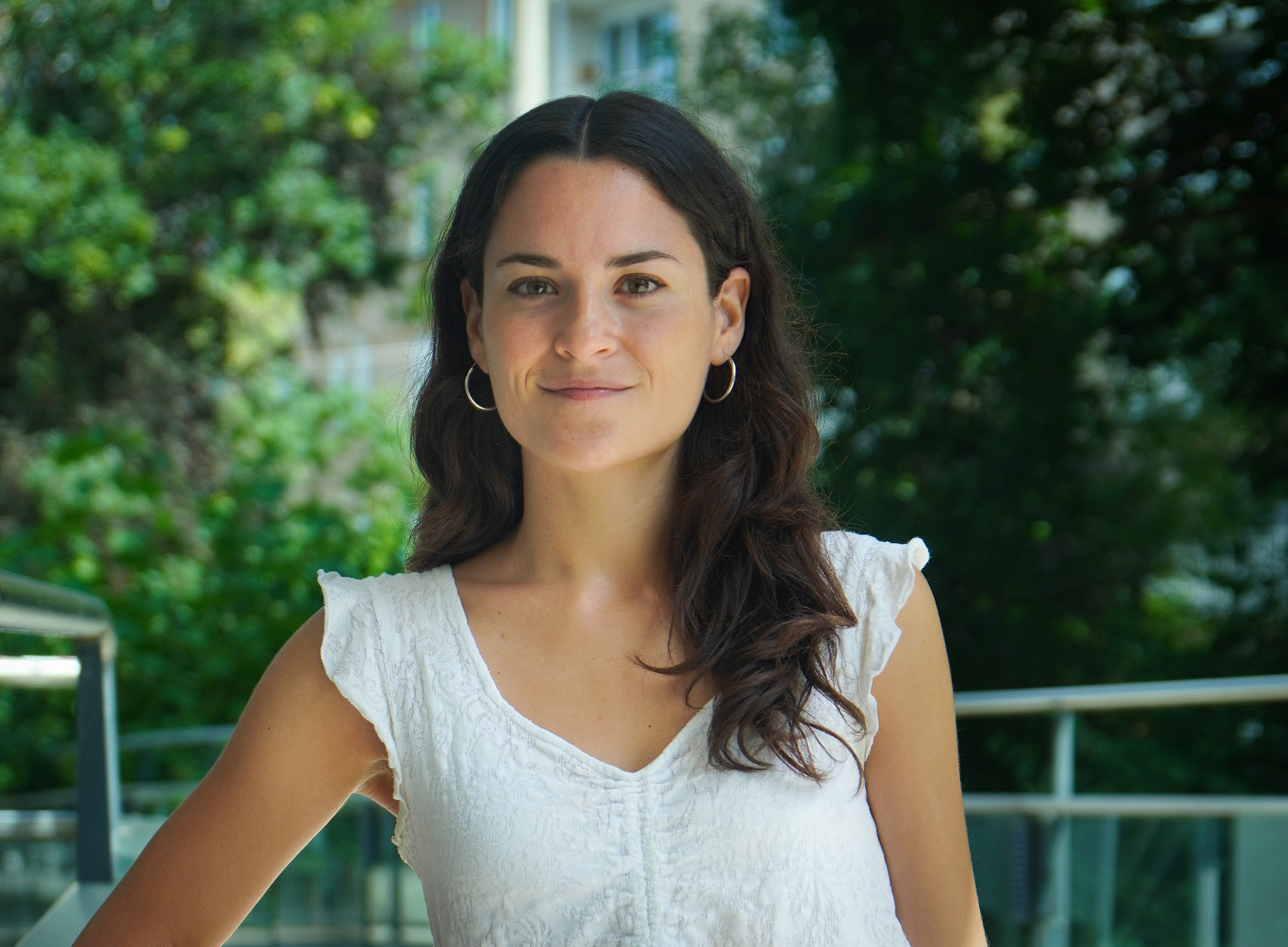Ms. Esteve Jordà, you are joining us from the Autonomous University of Barcelona for a research stay with Prof. Bertel at our Department of Public Law and Political Science. What are you specifically looking into during your time in Graz?
My main aim is to adapt my PhD thesis (2023) for publication as a book. My dissertation consisted of a comparative study of the evolution of the right to property in various Western constitutions between the 19th and the 21st century. This allowed me to propose a contemporary understanding of this institution to move towards justice and resilience, through an ecofeminist framework of the commons. Taking advantage of the RESOWI library, I would also like to investigate the Austrian constitutional conception of property.
Moreover, I am open to collaborating with the Institute's academic community by participating in public law gatherings. These interactions often provide valuable insights and encourage the exchange of ideas, enriching everyone’s work.
The term “ecofeminism” shows up prominently in some of your recent publications. Could you outline briefly what this concept entails and how you use it in your legal analysis?
Ecofeminist theories highlight the connection between gender-based subordination and the exploitation of the non-human world as a result of the same heteropatriarchal, colonial and capitalist system.
The hegemonic morphology of (private) property, associated with power, control and self-determination, has largely shaped the distribution of the planet's resources, benefiting a certain pattern of individuals. Moreover, the plunder of common resources has been underpinned by a belief in their perpetual disposition for human beings. The exclusion and violence implicit in these dynamics have had a serious impact not only on those who do not conform to the model of the proprietary legal subject, but also on the biophysical basis that sustains life. The legal subject must therefore be reconceptualised to advance towards more just, resilient and sustainable societies. So why not start by recognising more collective rights of access to resources, rather than privatising them?
Environmental law, specifically the EU Regulation on nature restoration, has become a contentious issue lately in Austria, sparking debates not only on its content, but also about the competences of ministers. One political party even called the new regulation a „farmer extermination law”. What are your thoughts on such drastic comments?
Minister Gewessler's vote was decisive for the EU Council to approve the new regulation. Beyond the conformity or otherwise of the EU law with Austrian law, the dispute may be indicative of positions ahead of the Austrian general election on 29 September.
If we are to talk about facts (not ideology), 81% of EU habitats are estimated to be in poor conservation status. How are we going to preserve agriculture in the future if we do not ensure that its sustaining base is regenerated?
National restoration plans required by the EU Regulation must be tailored to each country's social, natural, and legal realities and include rigorous monitoring and evaluation to measure their real impact and adjust policies accordingly. Recital 83 of the Regulation emphasises the need for inclusive and equitable participation from all relevant stakeholders, including local governments, communities, and the private sector. Rather than imposing drastic measures on farmers, the EU Regulation requires Member States to provide incentives, such as public support, training and advice, to encourage the adoption of farming practices that are less damaging to nature. This approach not only contributes to restoration efforts, but also provides opportunities for farmers.
In any case, the need to consider post-growth scenarios starts to be evident, such as prioritising the reduction of food waste over merely increasing agricultural production.
Sie sprechen auch sehr gut Deutsch – und neben Ihren Erstsprachen Katalanisch und Spanisch auch noch Französisch und Schwedisch. Wie hat Ihr Interesse an Sprachen Ihre juristische Karriere beeinflusst?
Auch wenn man eine Sprache nie zu Ende lernt, kann man auf diese Weise viel über eine Kultur und somit auch über die Rechtskultur lernen. Tatsächlich mag ich die Rechtsvergleichung sehr, weil sie etwas über die Eigenheiten jeder Gesellschaft/jedes Volkes verrät. Natürlich kann man heutzutage fast alles auf Englisch bekommen, aber dann verpasst man interessante Dinge. Meine Doktorarbeit hatte viel mit Rechtsvergleichung zu tun, und es hat mir Spaß gemacht, ein wenig in anderen Sprachen zu forschen. Deutsch zum Beispiel scheint mir sehr logisch zu sein, viel regelmäßiger (fast mathematisch) als die romanischen Sprachen; mit nur wenigen Wörtern kann man so viele andere konstruieren! Mir gefällt zum Beispiel, dass public international law, direkt übersetzt also das Internationale Öffentliche Recht, immer noch als Völkerrecht bezeichnet wird. Dieses "Recht der Völker" (ius gentium) scheint mir sehr bezeichnend für seinen Ursprung zu sein.
Besides working, what are your plans for your stay here in Graz?
Graz has long been a very special place for me. I came here as an Au-Pair in 2015 and since then I have been visiting my “Austrian family” frequently. I hope to see them often, enjoy La Strada and explore the Steiermark a bit more by bike, and go on trips to the Alps and lakes. I also plan to visit Salzburg and Innsbruck and continue to soak up the Austrian culture.
